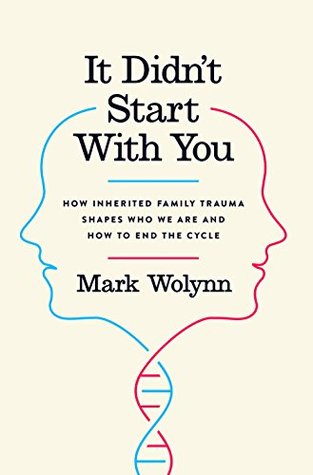When memory function is inhibited, emotionally significant information bypasses the frontal lobes and cannot be named or ordered through words or language, as Bessel van der Kolk describes. Without language, our experiences often go “undeclared,” and are more likely to be stored as fragments of memory, bodily sensations, images, and emotions.
Welcome back. Just a moment while we sign you in to your Goodreads account.


